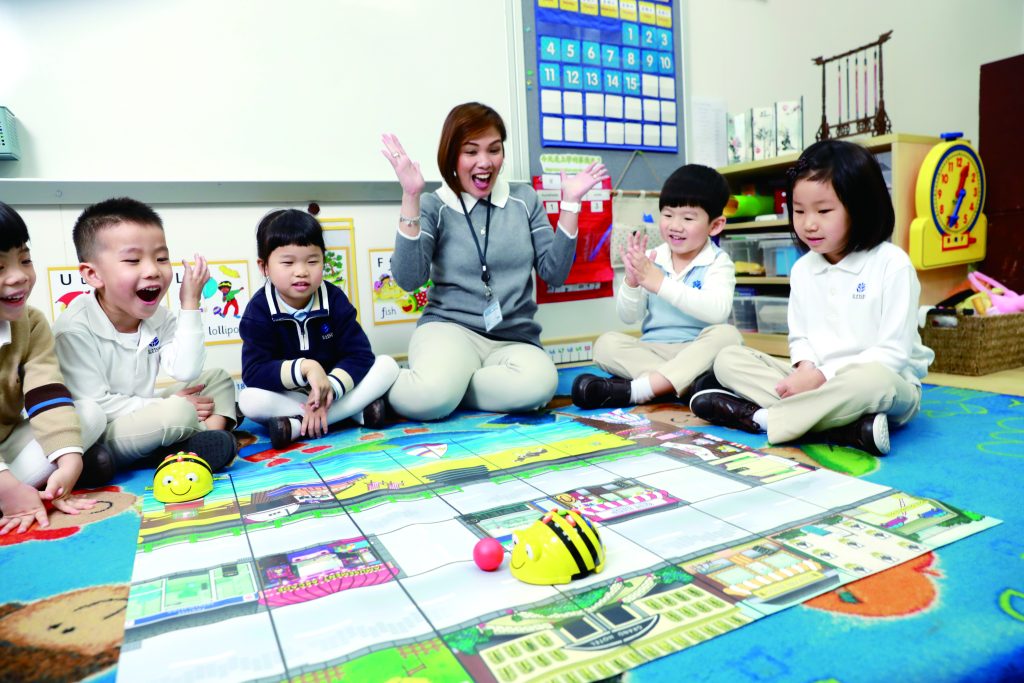
Reasons for Choosing the Best Preschool for Your Child
Children’s schooling in their early days is the beginning of their lifelong journey of learning and development. It is why parents choose the kind of preschools. A qualitative and encompassing early childhood program guarantees immediate and long-term gains that ladder up to a promising future for the child.
Guidance for selecting a good preschool
One of the things that should be given priority is the low student-teacher ratio, which is one of the key factors. Small classes give more personal attention to each child because teachers can meet each of the kids’ needs and help the peer interaction be productive. Schools with a maximum ratio of 10:1 facilitate skills-building in a couple of ways: intensive one-on-one interactions between teachers and students and meetings.
You should also find out who the lead classroom teachers are and their expertise and qualifications. Professionals in early childhood education with bachelor’s degrees, especially those holding specialized certifications, have in-depth knowledge about the developmentally appropriate teaching practices for the young. In addition to their existing teaching expertise, the district’s teachers are committed and seek constant professional development, which ensures that the learning process is timely and based on evidence

A multicultural, multi-perspective setting is similarly important in raising children who are complete individuals. Respectful community learning with kids of dissimilar backgrounds gives kids many face-to-face experiences of a new view. Diversity embedded will develop recognition and tolerance, acceptance of one another and mastering intercultural communication and only these make the integration into the modern global community possible.
They value play-based programs more than rigid academic structures designed with hands-on, experiential activities. Along with this, the children develop tools for problem-solving and promote the tools such as intrinsic motivation to learn and basic life skills that the regimented seating cannot evoke at this stage in their development.
Methodology-based and research-backed programs tailored to the child’s holistic development into a well-rounded person. They manage both student-directed and teacher-guided activities with the aim of encouraging students’ critical thinking skills that are personalized. And project-based learning and deliberate play are valued.
After hong kong preschool tours, apply an addition of classroom dynamics for more details. Look for energetic teachers using modeling strategies, skill building techniques, positive reinforcements, or individualized accommodations to address each student’s needs or personality. Secure chances of leadership for children in classes, self-regulation in learning centers, and choice-based cooperative peer activities.
Ensure there are consistent parent communication systems that can be used, strategies that cover homework gaps and help the child bridge the learning between school and home, volunteer opportunities, and family involvement initiatives. Parent-teacher partnerships, which are cooperative, reinforce learning and help to see to it that a child’s changing needs are fully met with an exceptional early education.
Closing
Besides the competitive academic climate today, high-quality early education significantly affects the development of a child’s habits and mindset on learning and readiness for kindergarten. Investing in a program rich in whole-child, play-based curricula, low ratios, and experienced teachers now is a down payment that will yield rewards for years to come.
